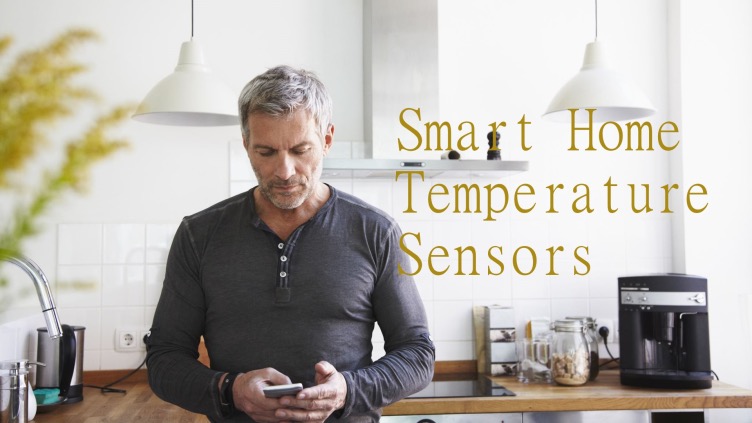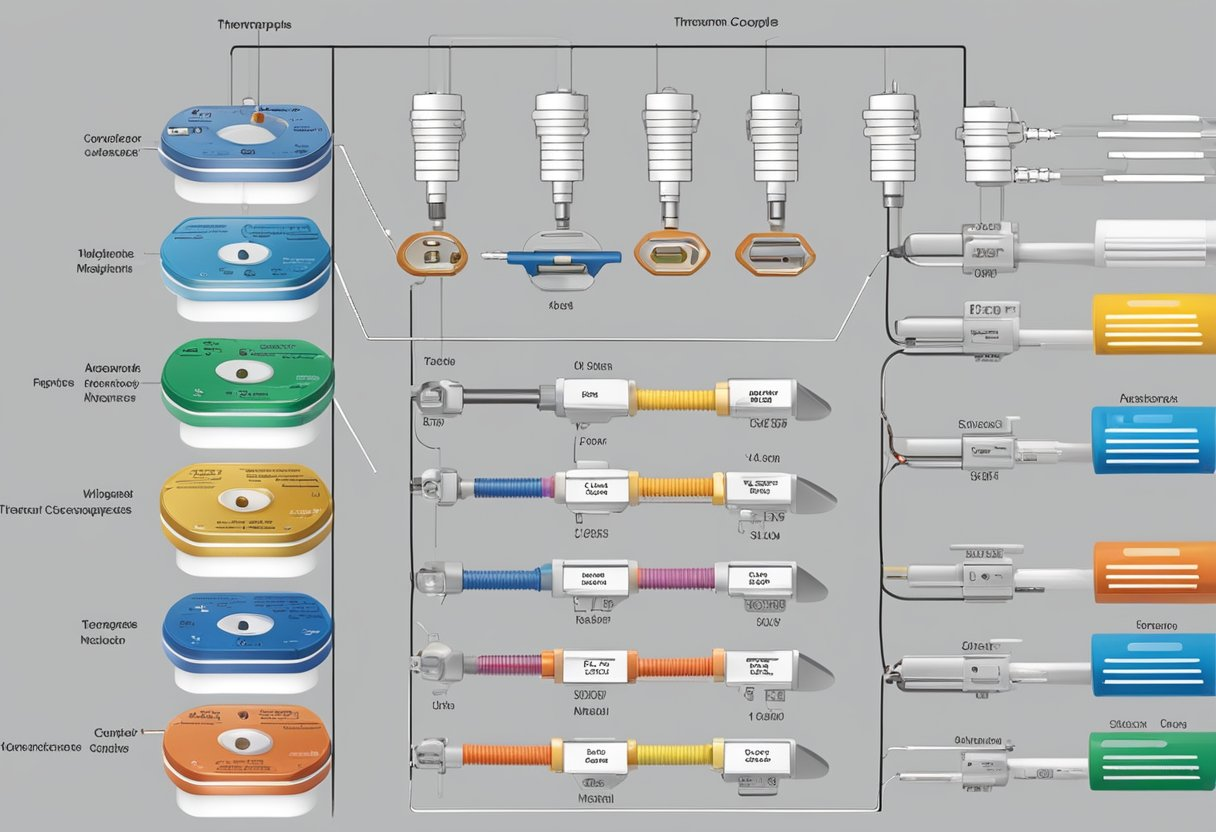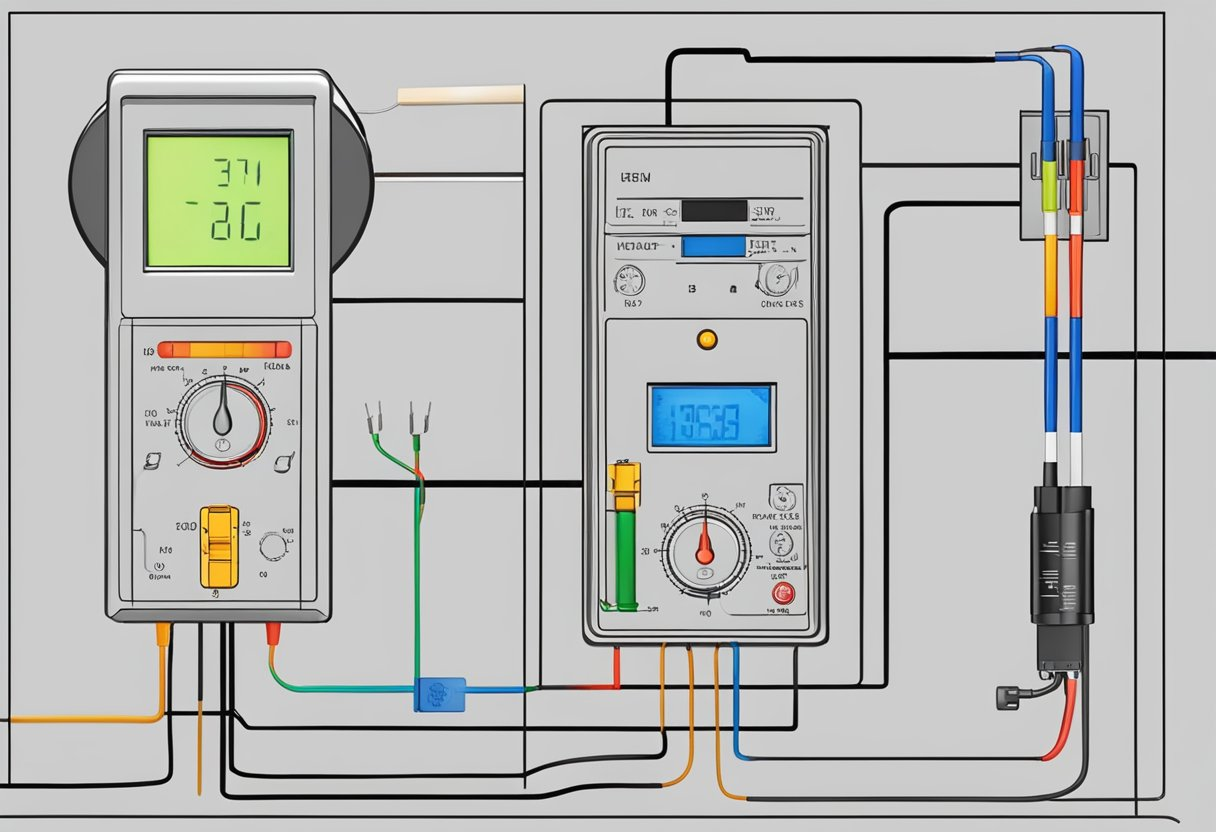DS18B20 Voltage: A Comprehensive Guide
Abstract:
- Introduction
- Understanding DS18B20
- Optimizing Voltage for DS18B20
- Factors Affecting Voltage Accuracy
- Conclusion
Introduction
Welcome to our comprehensive guide on DS18B20 voltage optimization! If you are a technology enthusiast or someone who is working with DS18B20 temperature sensors, you’ve come to the right place. In this article, we will dive deep into understanding DS18B20, optimizing its voltage, and factors that affect voltage accuracy.
Understanding DS18B20
DS18B20 is a popular digital temperature sensor widely used in various applications such as weather stations, industrial systems, and home automation. This one-wire sensor provides accurate temperature readings with high resolution and programmability.
With its unique serial number and multiple DS18B20s connected to a single data line, it offers flexibility and simplicity in temperature monitoring. However, to ensure optimal performance, it’s essential to pay attention to the voltage supply of the DS18B20.
Optimizing Voltage for DS18B20
The voltage supply plays a crucial role in the accurate measurement of temperature using DS18B20. The recommended voltage range for DS18B20 operation is typically between 3.0V and 5.5V. However, it is worth noting that different models might have specific voltage requirements, so referring to the datasheet is essential.
To optimize the voltage supply for DS18B20, consider the following:
- Stable Power Source: Ensure a stable DC power source to prevent voltage fluctuations that might affect temperature readings.
- Voltage Level Conversion: If interfacing DS18B20 with microcontrollers or systems operating at a different voltage level, use level shifters or voltage converters to match the required voltage.
- Decoupling Capacitor: Adding a decoupling capacitor near the DS18B20 can mitigate voltage noise and stabilize the power supply.
Factors Affecting Voltage Accuracy
Several factors can impact the voltage accuracy of DS18B20 temperature measurements. These factors include:
- Ambient Temperature: Extreme ambient temperature variations can affect the voltage supply and, consequently, the accuracy of temperature measurements.
- Wire Length: The length of wiring between the DS18B20 and the power source can introduce voltage drops. It’s vital to keep wire lengths within the recommended limits and use suitable gauge wires.
- Cable Quality: Poor-quality cables might cause resistance and voltage losses. Opt for high-quality cables to maintain accurate voltage supply.
Conclusion
In conclusion, optimizing the voltage supply for DS18B20 is crucial to ensure accurate temperature measurements. By understanding DS18B20, considering voltage optimization techniques, and being aware of factors that affect voltage accuracy, you can enhance the performance and reliability of your DS18B20-based applications.





